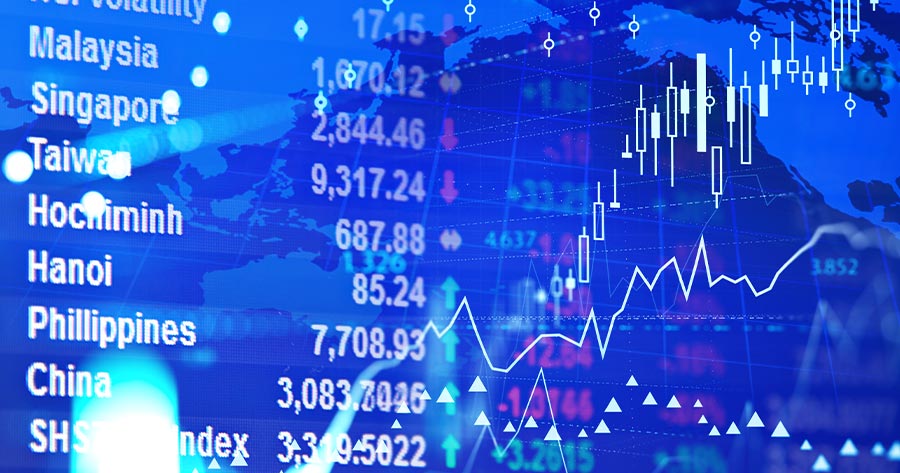On Wednesday morning (28 August, 9:26 AM, GMT+7, Bangkok time), indices in Asia Pacific decreased, as investors digested higher-than-expected Australia’s July inflation data.
The country’s consumer price index (CPI) increased by 3.5% year-on-year, slightly exceeding the 3.4% forecasted by economists polled by Reuters. This figure, compared to June’s 3.8%, marks the lowest CPI level since March.
Japan’s NIKKEI dipped by 0.19% to 38,215.79. South Korea’s KOSPI decreased by 0.54% to 2,674.84, and Australia’s ASX 200 declined by 0.65% to 8,018.5.
As for stocks in China, Shanghai’s SSEC contracted by 0.28% to 2,840.82. Hong Kong’s HSI fell by 0.77% to 17,736.5, and Shenzhen’s SZI shed by 0.65% to 8,051.37.
Meanwhile, the US stock markets edged up on Tuesday as the Dow Jones Industrial Average (DJIA) climbed by 0.02% to 41,250.5. NASDAQ increased by 0.16% to 17,754.82, and S&P 500 rose by 0.16% to 5,625.8. VIX slumped by 4.46% to 15.43.
As for commodities, oil prices settled lower on Tuesday due to concerns surrounding the potential decrease in energy demand as a result of slower economic growth in the United States and China. Brent futures dropped $1.88 or 2.3% to settle at $79.55 a barrel, and the West Texas Intermediate (WTI) fell $1.89 or 2.4% to settle at $75.53 per barrel.
This morning, Brent futures grew 19 cents or 0.24% to $79.74 a barrel, and the WTI surged 16 cents or 0.21% to $75.69 per barrel.
Meanwhile, gold futures slid by 0.05% to $2,551.5 per Troy ounce.



